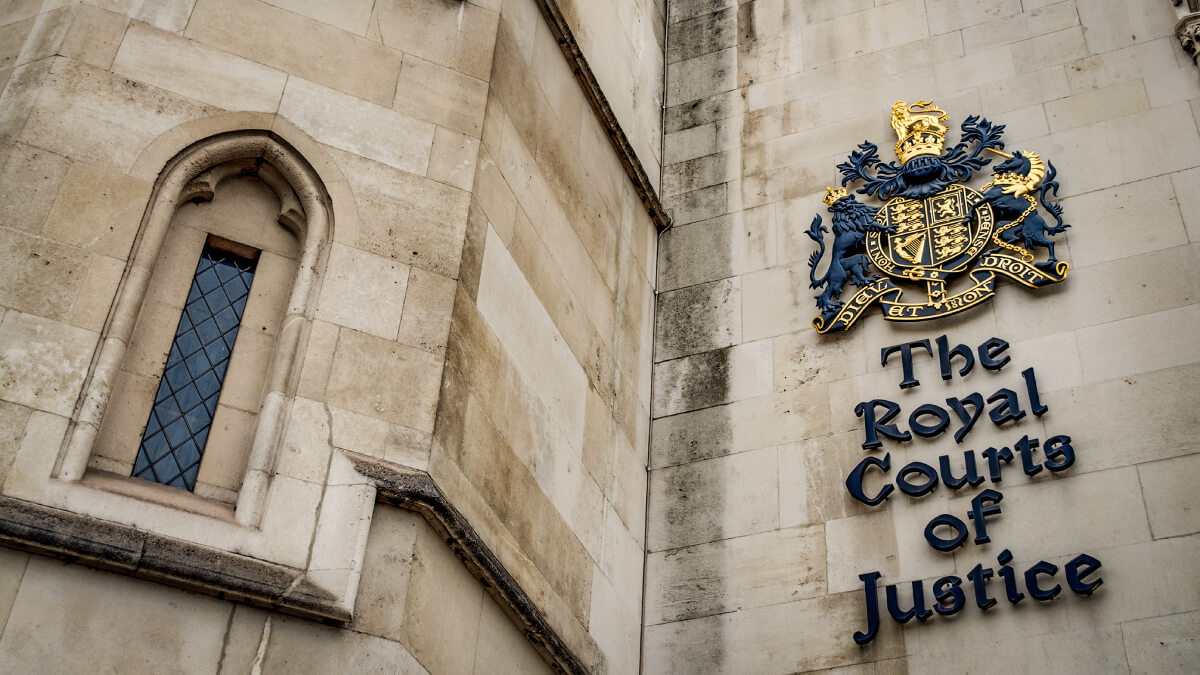There are three forms of compensation being awarded to sub-postmasters following the Horizon scandal, each with different tax implications.
After being brought to public attention by the ITV drama ‘Mr Bates vs The Post Office’, the Post Office Horizon scandal has been branded the most widespread miscarriage of justice the UK has ever seen. Over 900 Sub-postmasters were wrongly prosecuted for stealing because of incorrect information from a computer system called Horizon. Earlier this year, a bill was passed quashing all of these convictions, and the Government announced they had set aside £1bn for compensation.
Taxation Of Sub-postmasters’ Compensation
More than 4000 people are eligible for compensation under three schemes, of which only one is taxable. The compensation is intended to make up for the financial, emotional and occupational losses the sub-postmasters sustained as a result of the Horizon error. In this article, we’ll outline the details of these three schemes and how tax is determined for each.

Non-Taxable Schemes
The Group Litigation Order (GLO) Scheme is for the 555 former postmasters who weren’t criminally convicted but won their group lawsuit against the Post Office back in 2017. At the time, they received relatively small payouts after legal costs. So, they are now being offered an extra £75,000 but are expected to push for more.
The Overturned Convictions Scheme is for those who were criminally convicted following charges brought by the Post Office. Those eligible are offered a fast-tracked £600,000 settlement or the chance to negotiate a higher payment. Additionally, these individuals are entitled to an ‘interim payment’ of £163,000. It’s reported that some individual compensation claims are for well over £1m.
Money paid to sub-postmasters under either of these schemes is not taxable. These payments are awarded in recognition of the unfair and unequal treatment the sub-postmasters received rather than to recompense a financial loss. Therefore, they are not taxable because they do not link to a taxable event.

Horizon Shortfall Scheme
The third compensation scheme is the Horizon Shortfall Scheme. This is for all sub-postmasters who weren’t convicted or involved in the GLO court action but believe they experienced shortfalls because of Horizon. It’s made up of three elements:
- Returning subpostmasters’ own money to them to the extent that they can prove they used it to meet alleged shortfalls in their takings: this is not taxable, but it is repaid with interest on which tax is payable.
- Damages for personal loss: this is not taxable as there is no taxable event and there is no interest added.
- Compensation for loss of office, on which interest is applied: this is taxable because if the subpostmasters had been paid correctly in the relevant years, they would have been taxed on that income.

Loss Of Office
The compensation for loss of office should have been paid to the subpostmasters net of basic rate tax which the Post Office should have deducted at source. As payments were made gross and in one lump sum, several subpostmasters will be pushed into higher tax brackets up to 45% (or now up to 48% for Scottish taxpayers). In recognition of this, the Government offered top-up payments to affected subpostmasters to help them pay the excess tax due. The top-up payment is not taxable.

Further Support
If you have received or been offered compensation payments as a result of the Horizon scandal, it is important to understand the tax implications and the amounts that may need to be included on your self-assessment tax return. Our team of expert accountants at Digital Tax Matters can help you figure out exactly where you stand, so don’t hesitate to get in touch.
